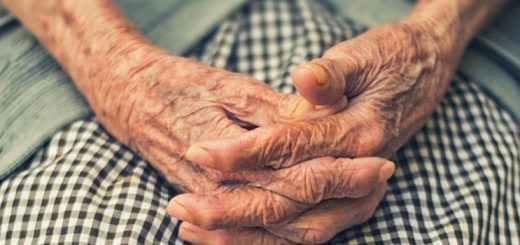Coffee fights Alzheimer’s
Mark Reynolds writing in the Daily Express has reported that research suggests coffee can significantly cut the risk of suffering dementia.
Three to five cups a day could reduce the chances of developing the disease by up to a fifth, a study has found.
The caffeine in coffee helps prevent the formation of plaques and tangles in the brain – two hallmarks of the debilitating memory loss condition.
In addition, both caffeine and polyphenols, compounds which are also found in the drink in large quantities, decreases the deterioration of cells in areas of the brain involved in memory, the scientists reported.
Dr Iva Holmerova, of Alzheimer Europe, said: “The findings are very encouraging. Coffee is a very popular beverage enjoyed by millions of people around the world and I’m pleased to know that moderate, lifelong consumption can have a beneficial effect on the development of Alzheimer’s Disease.”
The report released today, highlights the role that nutrition in general can play in preserving cognitive function, especially before symptoms of dementia occur. A Mediterranean diet has always been associated with a reduced risk of Alzheimer’s, it says.
But the report, released by the Institute of Scientific Information on Coffee, notes that the latest research suggests caffeine and polyphenols can have the same protective effect.
Dr Arfan Ikram. an assistant professor at the Erasmus Medical Centre Rotterdam, who contributed to the report’s findings, said: “The majority of human studies suggest that regular coffee consumption over a lifetime is associated with a reduced risk of developing Alzheimer’s Disease, with an optimum protective effect occurring with three to five cups per day.”
Lifestyle
Details from the report were originally presented at the Alzheimer Europe annual conference in Glasgow last month.
Delegates heard that research had established that moderate coffee consumption over a four-year test period cut the risk of dementia by up to 20 percent. however the effect diminished over a longer follow-up period.
Dr Holmerova said: “Cognitive decline is a feature of ageing, and although some changes can be expected in all of us, there is some evidence that diet and lifestyle may be related to cognition.
“Studies suggest that certain lifestyle factors and nutritional elements, including the consumption of coffee and caffeine may help to slow down age-related cognitive decline seen in the older generation.”
However, Jess Smith, research officer at the care and research charity Alzheimer’s Society, sounded a note of caution. She said that evidence that drinking coffee can help protect against Alzheimer’s is still not conclusive.
She added: “Some research suggest that caffeine and anti-oxidents in coffee may be beneficial but more research and clinical trials are needed.
“There is no single way to reduce your risk of dementia. Exercising frequently, as well as eating a healthy balanced diet, avoiding smoking, not drinking to excess and managing other health conditions can play a role in reducing your risk of dementia.”
In Britain, 850.000 people are affected by dementia, 60 per cent of whom have Alzheimer’s disease. Treating dementia costs the nation an estimated £26.3billion a year.
“No need to stick to the decaf now then”. Joking aside, any advice on lifestyle, especially if it reaches younger people who have more time to put it into practice, is welcome. Seeing what this illness can do to a loved one is utterly heartbreaking. It isn’t just going fuddy duddy and forgetting things. It can produce ongoing extreme anxiety, terror and appalling physical decline where body functions disintegrate. My mother was a healthy 86 year old. She developed shingles over her eye and head and after getting her through that, the memory and seeing things started (dementia isn’t just Alzheimer’s). To be brief, the next four years were a worsening horror. I cried with relief, as much as anything, the day, while sitting with her, a coronary thrombosis took her – I’d lost my “mum”, but it was a godsend.
You may visit someone in a nursing home with very poorly residents and notice their lack of visitors. One reason is that their relatives may love them to bits, but many just cannot handle it.



